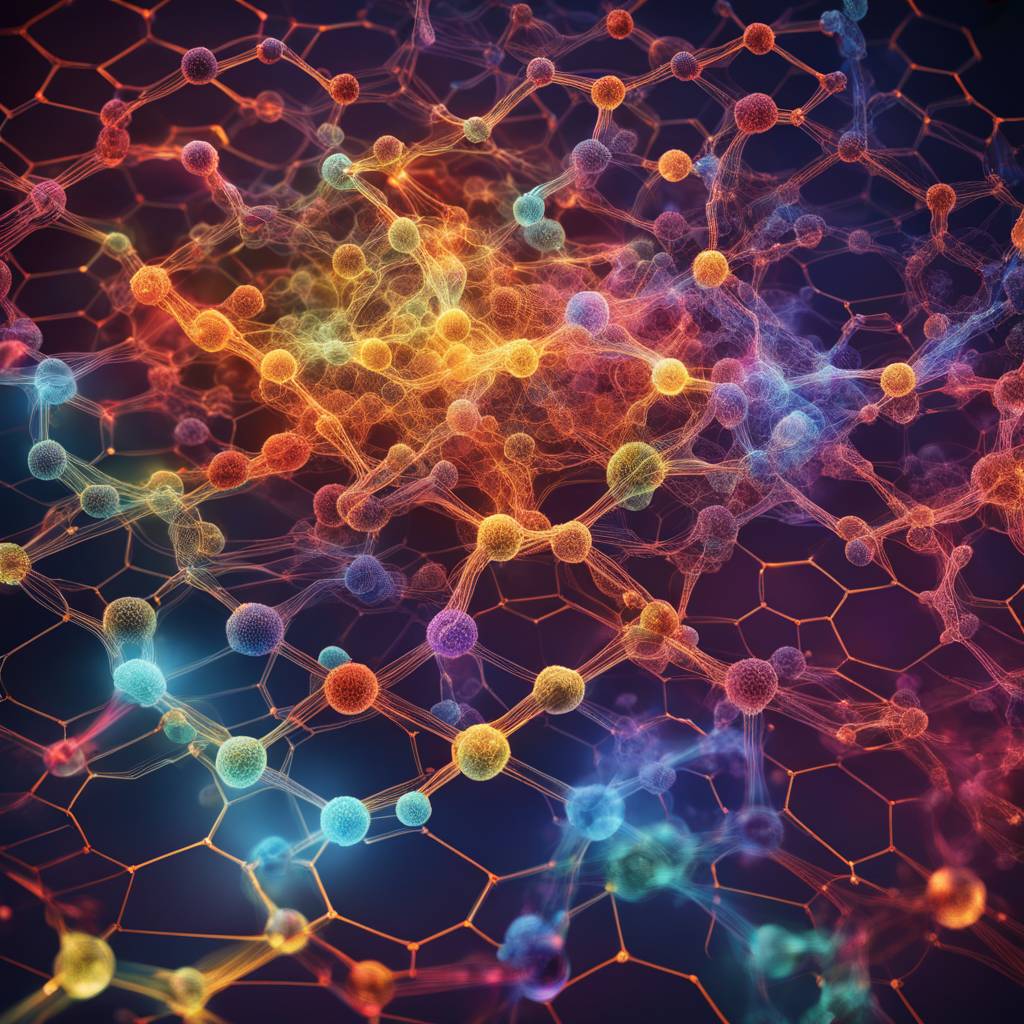The U.S. Naval Research Laboratory (NRL) recently introduced the Cascaded Variational Quantum Eigensolver (CVQE) algorithm in a Physical Review Research article, designed to enhance the study of physical properties in electronic systems. This algorithm is a variation of the Variational Quantum Eigensolver (VQE) algorithm, reducing computation time by executing a set of quantum circuits only once during the parameter optimization process. As a result, calculations that used to take months can now be completed in a matter of hours, making it a potent tool for researchers.
With the CVQE algorithm, a quantum computer is utilized to extract probability mass functions, while a classical computer handles the remaining computations, specifically energy minimization. This is essential as finding the minimum energy in systems with exponentially growing state spaces poses considerable computational challenges. Even the most powerful supercomputers struggle to determine the exact ground state, highlighting the importance of quantum computing in addressing this issue. By utilizing a qubit register to represent states and simulate large representation spaces, quantum computers can efficiently analyze physical systems.
Variational quantum algorithms, including the CVQE algorithm, employ parameters to define trial states that are then optimized to minimize energy. The CVQE algorithm distinguishes itself from the original VQE method by decoupling the sampling and optimization processes, enabling sampling solely on the quantum computer and parameter processing exclusively on the classical computer. This novel approach offers various benefits, such as greater flexibility in shaping the solution space and implementing system symmetries, ultimately leading to more precise predictions of electronic system properties.
Quantum computing, a crucial aspect of quantum science, has been identified as a Critical Technology Area within the USD(R&E) Technology Vision for an Era of Competition. NRL’s quantum computing initiative, spearheaded by Dan Gunlycke, aims to leverage quantum algorithms like CVQE to enhance the understanding of quantum-mechanical systems, essential for developing new materials and chemistry for the Navy and Marine Corps. By studying chemical reactions that cause corrosion, for instance, the CVQE algorithm can provide valuable insights to existing anticorrosion teams, aiding in the development of improved coatings and additives to address this persistent challenge.
In conclusion, the CVQE algorithm represents a significant advancement in quantum computing that has the potential to revolutionize the study of electronic systems and physical properties. By combining the capabilities of quantum and classical computers, researchers can efficiently explore complex systems with exponential state spaces. The implications of this algorithm extend beyond theoretical research, with practical applications in material development and chemistry for military purposes. As quantum science continues to evolve, initiatives like NRL’s quantum computing effort will play a crucial role in unlocking the potential of quantum technologies for various industries and sectors.













